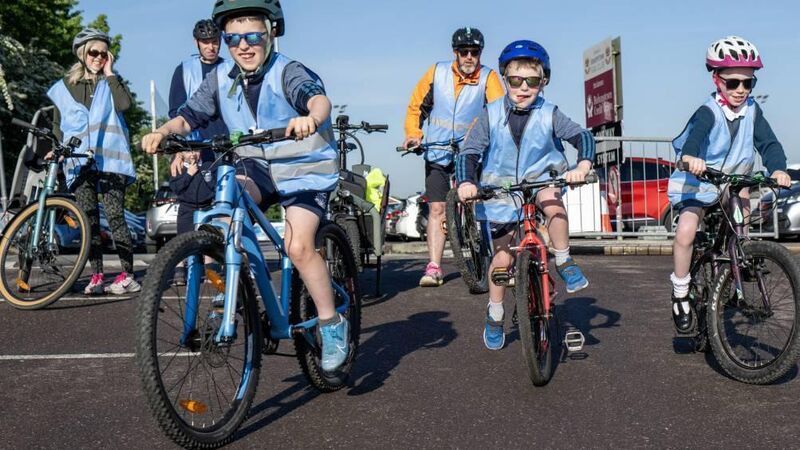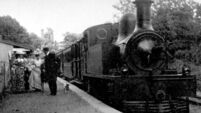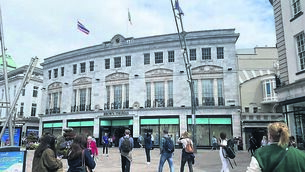Cork Views: Let’s start a bike bus scheme here in Cork city

- Aim for once a week to begin, so excitement can build around the bike bus and children and parents can prepare.
- Have the youngest rider at the front to set the pace.
- Have people at the front who will be able to stop at road crossings to ensure traffic doesn’t try to pass. They can wait until all the riders have moved through and either move back to the front or get replaced by new ‘blockers.’
- Pick your route wisely. Keep it short and simple where possible, trying to avoid junctions with roundabouts.
- Make it fun! If there is an event or birthday, you could hand out party hats to go over their helmets. It might even help drivers to be more sympathetic to see you all having a great time.







 App?
App?




